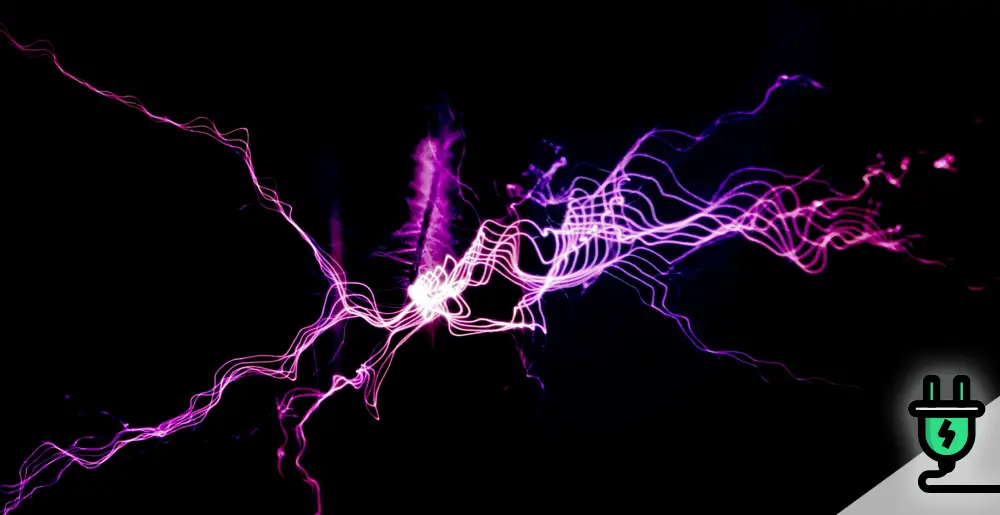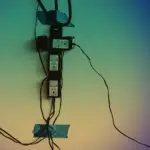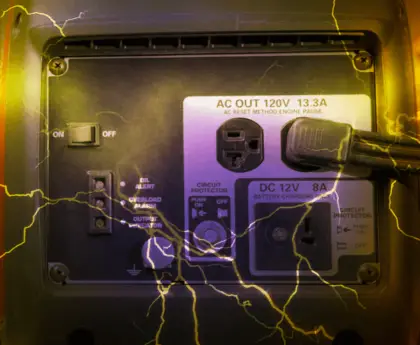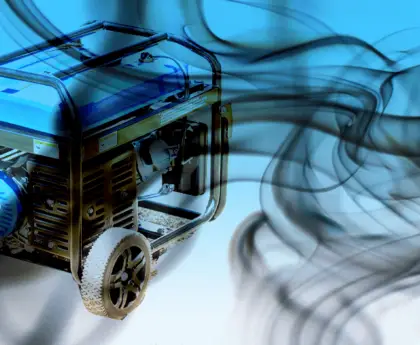The inverter vs generator debate can get kind of contentious.
Some homeowners are firmly in the camp of inverters, believing them to be the very best “portable generators” money can buy – especially since they are so lightweight, so compact, and so quiet.
Other homeowners, though, tend to lean more towards a traditional generator. They are willing to deal with a little more bulk and a little more noise because they get so much more power.
At the end of the day, figuring out which of these two backup power solutions are right for you is going to involve a little research, little due diligence, and an assessment of your portable power needs.
Use this guide to help you settle the inverter vs generator debate for yourself with as little headache and hassle as possible!
Inverter vs Generator – Breaking Down Both Options
While the term “generator” gets used interchangeably for inverters as well as traditional generators, there’s actually quite a bit of difference between the two options.
It’s important that you understand what these distinctions are, how they impact the way these portable power plants deliver backup energy, and which one might be better suited for your needs.
Let’s dig a little deeper right now.
Inverter
Inverter options look a lot like portable generators, though they are often quite a bit smaller, run a lot quieter, and are capable of delivering cleaner energy.
That’s because inverters use the internal combustion engine, the alternator, the battery, and inverter components to transform electrical current from AC to DC and then back again to AC – cleaning the energy produced by this power plants and making much more consistent when it is delivered.
At the same time, the amount of energy that inverters produce isn’t going to be quite as high as the amount of power that a traditional generator can pump out. That’s the trade-off here.
Generator
Traditional generators, on the other hand, basically use an internal combustion system (a small engine like you’d find in a lawnmower) paired with an alternator to create an electrical current with magnets that powers pretty much anything and everything you plug into their outlets.
Engine speed is a huge determining factor in just how much power a generator produces.
The faster that a generator engine runs, the more energy it’s going to pump out. It’s not uncommon for generators open their portable generators, anyway) designed to produce 120 V to have engines that run at 3600 RPM pretty consistently.
Of course, because there’s no inverter in a traditional generator the power produces a little “dirty”. Engine fluctuations (which are inevitable with internal combustion engines) produce harmonic distortion, and that causes the electricity generated by the alternator to spike and dip at different times.
You won’t be able to get as consistent energy out of a traditional generator as you would have with an inverter.
Main Differences Between Inverters and Generators
The main difference in the inverter vs generator debate comes down to the kind of electrical current that these two pieces of hardware produce.
Conventional generators are only going to produce AC (alternating current) electricity. Inverters, on the other hand, produce electricity in three separate phases – high-frequency AC, DC, and then back to a more stable AC current before delivery.
Power and fuel efficiency are another major difference between these two backup power sources.
Conventional generators are going to produce a whole lot more power compared to similarly sized inverters. A lot of that has to do with the fact that conventional generators don’t have to shoehorn inverter modules “under the hood” and can instead fill that space with more engine.
On the flip side of things, inverters are often a lot more fuel-efficient.
The engine of an inverter is able to run at variable speeds and RPM, automatically adjusting depending on the load demand being placed on the inverter itself. That’s not something that your run-of-the-mill portable generator is going to be able to pull off.
Finally, the portability and noise production of these two pieces of hardware are pretty different and distinct, too.
A traditional portable generator is a beast of a machine. It’s always really heavy, it’s always a little bulky, and it’s always a little difficult to move around even if it is technically portable.
Inverters are a whole lot more portable. They are downright easy to move, in most circumstances!
In the noise department, inverters run a lot quieter. Thanks to the way that these internal combustion engines run (variable speeds due to the variable load demands) inverters produce a gentle hum that is really consistent. It’s not hard the noise they produce to fade into the background.
Traditional generators, though, are going to make a whole bunch of noise. It’s not uncommon for them to operate at 64 dB or higher at their quietest level. Inverters, on the other hand, rarely make any more noise than 54 dB even when they are running “full bore”.
Inverters vs Generators – When Inverters Make the Most Sense
Inverter generators are (generally) better suited to more infrequent usage. They are fantastic backup options in an emergency where power outages aren’t going to last for an extended amount of time.
Inverters also deliver a little less power than a traditional generator, which means there better suited to running essential power appliances and the like as opposed to being used for “whole home” energy replacement solutions.
Inverters vs Generators – When Generators Make the Most Sense
Generators offer a lot of raw power that can be used to power all of your core appliances, your lighting system in your home, and even your HVAC system – often without breaking a sweat.
These units are a lot bulkier, a lot heavier, and definitely make a lot more noise. They also consume a lot more fuel than inverters. You have to be careful about where you set them up, too.
A generator is better for homeowners that want to power more than just the bare essentials, have access to a steady fuel supply, and have room enough to store these larger generators until they are needed.
Inverter vs Generator – The Great Debate
At the end of the day, the debate between inverter vs generator hardware really comes down to what your specific needs are, what your budget is like, and the kinds of power outages you anticipate having to confront in the future.
Think about how you want to use a backup power source going forward.
If you are only going to be using it very sporadically, and not to power a lot of energy hungry appliances like a refrigerator or an air conditioner for example, inverters are probably the way to go.
If, on the other hand, you want something you can rely on to keep your house lights on, your heating system going, and your major appliances up and running in a really nasty snowstorm that caused a blackout a generator is what you’ll want to invest in.
Figure out what your power needs are ahead of time in this decision becomes a whole lot easier to make.






